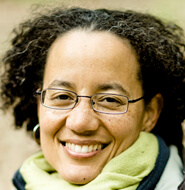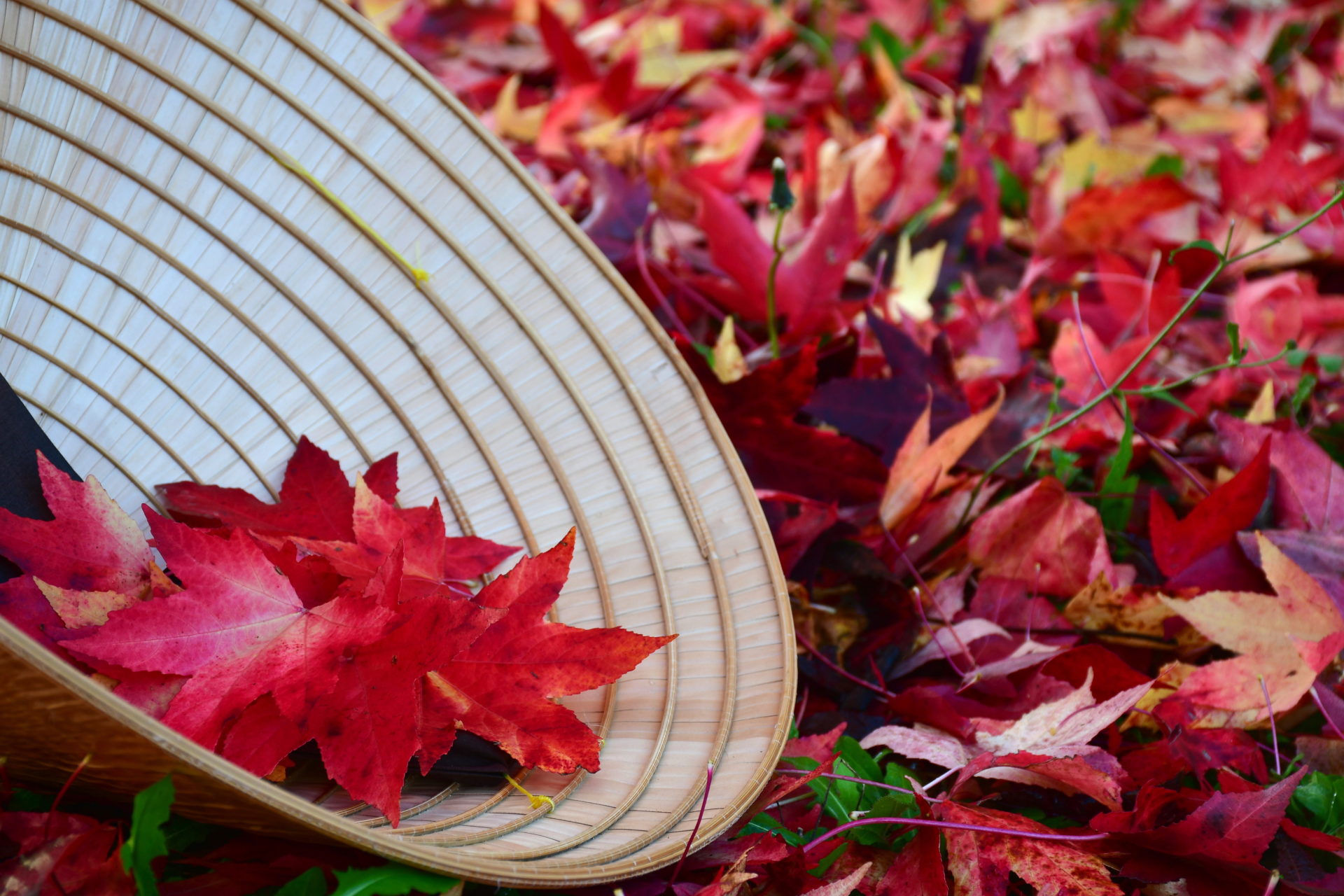By Kaira Jewel Lingo in October 2021
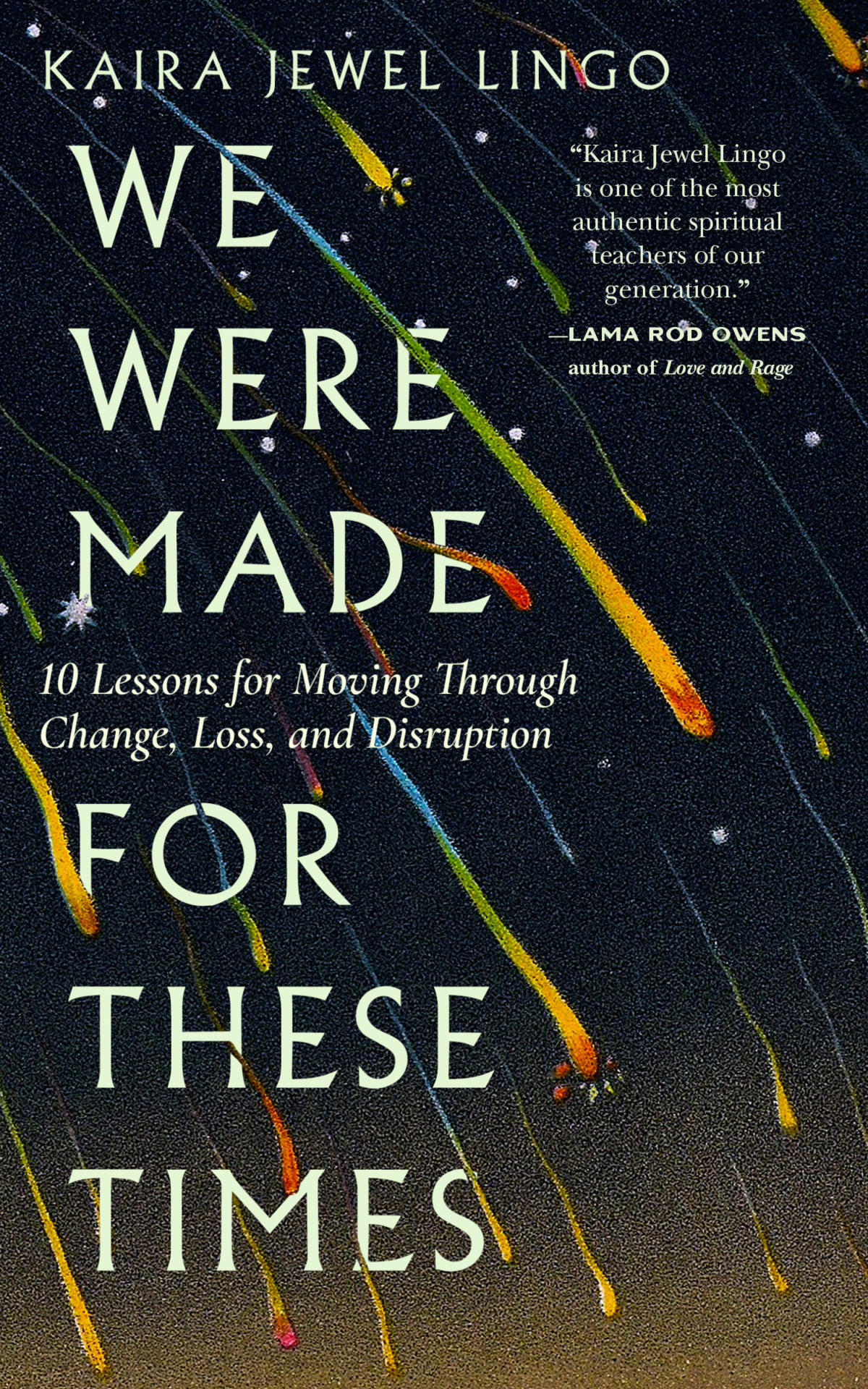
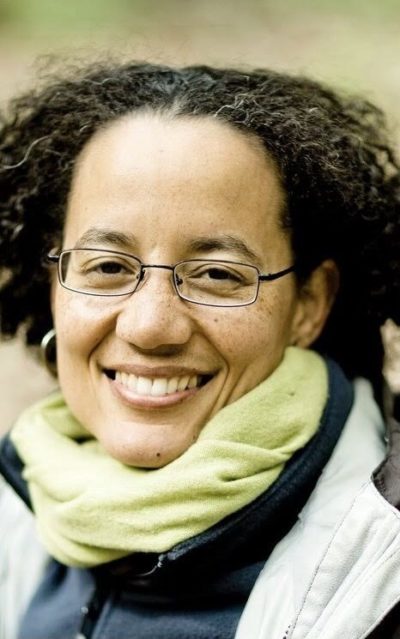
In this excerpt of We Were Made for These Times: Ten Lessons on Moving through Change, Loss, and Disruption, Kaira Jewel Lingo shares about how we can allow our deep life questions or challenges to rest like a seed in the soil of our mind and how we can nurture the seed through daily mindfulness practice,
By Kaira Jewel Lingo in October 2021


In this excerpt of We Were Made for These Times: Ten Lessons on Moving through Change, Loss, and Disruption, Kaira Jewel Lingo shares about how we can allow our deep life questions or challenges to rest like a seed in the soil of our mind and how we can nurture the seed through daily mindfulness practice, trusting that when it is ready it will sprout on its own and we will know what to do to resolve our question or difficulty.
During my fifteen years as a nun, I often heard people ask Thay what to do when facing big life decisions, like which career path to take, whether to separate or stay with their partner, or whether to ordain as a monastic. Thay would often say, “Don’t try to figure out the answer by thinking about it.” In thinking over a question again and again, we do not generally arrive at real wisdom, but we easily tire ourselves out and get even more confused or anxious.
These deeper life questions can’t be resolved at the level of the mind, but must be entrusted to a different, deeper part of our consciousness. Thay suggests we consider this big question as a seed, plant it in the soil of our mind, and let it rest there. Our mindfulness practice in our daily lives is the sunshine and water that the seed needs to sprout so that one day it will rise up on its own, in its own time. And then we’ll know the answer to our question without a doubt.
But we must leave the seed down in the soil of our mind and not keep digging it up to see if it is growing roots. It won’t grow that way! It is the same with a deep and troubling question. We ask our deeper consciousness to take care of it, and let go of our thinking and worrying about it. Then in our daily lives, we practice calming, resting, and coming home to ourselves in the present moment, and that will help the seed of our question to ripen naturally and authentically. This process cannot be rushed or forced. It may take weeks, months, or years. But we can trust that the seed is “down there,” being tended to by our deeper consciousness; and one day it will sprout into a clear answer.
In Buddhist psychology, this part of our mind is called store consciousness. It has the function of storing our memories and all the various mind states we can experience in latent, sleeping form. For example, maybe you’ve experienced trying to solve a problem or find an answer to something that perplexes you. You think hard and circle round and round in your mind, but you feel you don’t get anywhere. Then you let the question go, and suddenly when you least expect it, inspiration or helpful ideas come to you in a time of rest, and you just know what to do. That is store consciousness operating. It is working on the problem for you while your day-to-day consciousness rests. Store consciousness works in a very natural and easeful way and is much more efficient than our thinking mind. When wisdom arises from store consciousness, it feels right in the body and we no longer have doubts.
But waiting for the answer to arise can be challenging at times because we may really want to know the answer. We may find ourselves feeling deeply insecure and fearful if we don’t know what to do or which path to choose. We worry we will make the wrong choice, and we catastrophize about what will happen if we take this or that direction. It’s hard to find our way if we continue to feed this worry and fear. We can recognize that we are not helping the situation and stop. Returning to this moment and anchoring ourselves in our body, we will find the solidity of the home inside of us, which is capable of helping us find our way—if only we let it and if we can let go of trying to figure out the future in our heads.
Some years ago, I was trying to discern whether or not to leave the monastic life after having lived as a nun from the age of twenty-five to forty. During that time, for several years in a row, I attended silent retreats at the Insight Meditation Society (IMS) in Massachusetts. These retreats were six weeks or three months long. And during that whole time, I remained on the retreat grounds, not engaging in the world but coming home to myself. The first meditation began in the hall at 5:00 a.m. and after that was an alternating rhythm of thirty-minute to hour-long periods of sitting and walking meditation, punctuated by a work period, instruction from the teaching team, and delicious meals—including the mouthwatering scent of fresh bread at dinner.
The only times of the day I was not in a formal practice period were a short break after lunch and an hour-long fast walk through the woods or on a three-mile loop on backcountry roads that always included some reflective moments by a calm lake. Being in silence, with almost no social interaction except a short meeting with a teacher every few days, gave me the space and time to become closer with myself as there were no other distractions. It was an important experience of pausing to look deeply and letting my consciousness take its time to find the way.
When I decided to ordain as a nun, in my heart, I was making a lifelong commitment. So, it was painful and confusing to find myself questioning this vow that I had assumed would carry me through my entire life. In that time of transition, I didn’t know who I was anymore and had no idea who I might become. I was in the midst of a process, like the caterpillar that must dissolve itself completely in the chrysalis to become a butterfly. It was terrifying and extremely uncomfortable when I wanted answers and clarity—when I was used to knowing who I was and where I was going.
Joseph Goldstein was one of my interview teachers on these retreats at IMS. When I shared how distressing it was to find myself with no solid ground under me whatsoever, he mentioned Alan Watts’ book, The Wisdom of Insecurity. It points out that when we are clear and sure about what we are doing, we cannot be open to the many other possibilities available. But when we let ourselves hang out in the space of not-knowing, there is enormous potential and life could unfold in innumerable ways. So, rather than avoid and fear this place of uncertainty, we can embrace it and all its gifts.
What I found on these long silent retreats was not an answer to my dilemma of whether to leave monastic life or continue as a nun, but rather the ability to dwell more and more comfortably in the experience of not-knowing. I learned to allow the seed of my question to rest in the deeper layers of my consciousness. I was able to touch peace, joy, and well-being in the midst of not-knowing—in the midst of awkwardness and confusion. I learned to let go of fear and resistance right in the midst of dissolving and losing my identity.
By slowing down and choosing to rest back into the uncertainty rather than fighting it, I was able to touch into a sense of space, precisely in moments when it felt like there was no way to keep going and I would be totally overwhelmed. If we can breathe in and out—putting our mind completely on our breathing—or feel our bodies and put all of our attention on the sensations in the body, we can create that space. We slow things down and let our nervous system recalibrate and center. The external situation may not change, but we’ve changed in relation to our external situation. If we can stop, we have the chance to touch into something deeper than overwhelm. This practice of pausing, or stopping, helps the seed of our question to mature and ripen into the guidance and direction we need.
In a sense, our culture, our society is dissolving. We are collectively entering the chrysalis, and structures we have come to rely on and identify with are breaking down. We are in the cocoon, and we don’t know what the next phase will be like. Learning to surrender to the unknown in our own lives is essential to our collective learning to move through this time of faster and faster change, disruption, and breakdown.
-
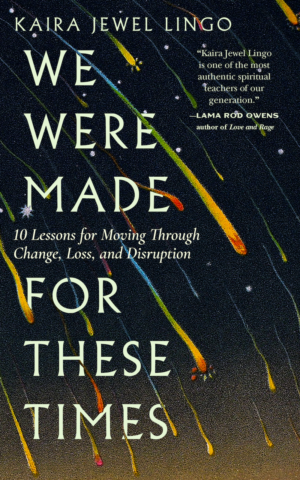
We Were Made for These Times
Ten Lessons for Moving Through Change, Loss, and Disruption
View this bookWe all go through times when it feels like the ground is being pulled out from under us. What we relied on as steady and solid may change or even...
